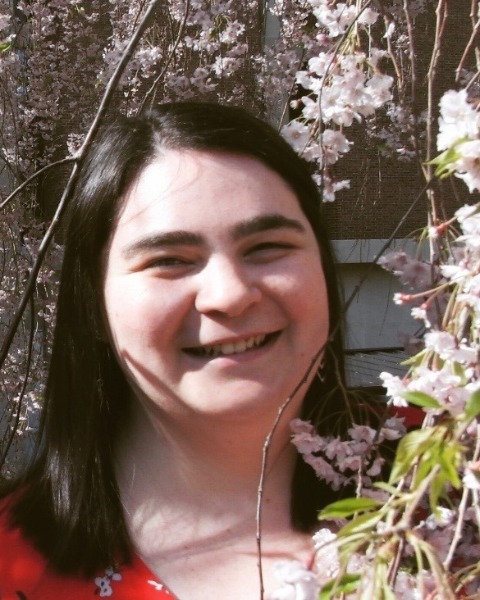Treatment - Other
(PS5-B45) Getting Preschoolers Unstuck: Piloting a Novel Executive Function Intervention for Behavioral Rigidity in Preschoolers
- AR
Allison B. Ratto, Ph.D.
Assistant Professort
Children’s National Health System
Silver Spring, Maryland 
Rebecca C. Handsman, B.A.
Clinical Research Assistant
Children’s National Health System
Washington, District of Columbia- LC
Lynn Cannon, M.A.
Social Learning Coordinator
Maddux School
Rockville, Maryland - MW
Monica Werner, M.A.
Executive Function and Parent Coach, Therapist
Center for Assessment and Treatment
Chevy Chase, Maryland - KA
Katie Alexander, Other
Founder and Clinician-Researcher
The Occupational Therapy Institute
La Mesa, California - AB
Abigail Brandt, M.A.
Speech/Language Pathologist
Children’s National Health System
Washington, District of Columbia - MB
Megan Berkowitz, M.A., LICSW, MSW
Positive Behavior Support Manager
AppleTree Institute
Washington, District of Columbia - AP
Alexandra (Allie) Perez, LICSW
Social Worker
AppleTree Early Learning Public Charter School
Washington, District of Columbia - LA
Laura G. Anthony, Ph.D.
Professor
University of Colorado Anschutz Medical Campus
Aurora, Colorado - LK
Lauren Kenworthy, Ph.D.
Director, Center for Autism Spectrum Disorders
Children’s National Health System
Washington, District of Columbia
Author(s)
Co-Author(s)
Preschool executive function (EF) predicts long-term outcomes in academics, social skills, and emotional well-being. EF deficits, particularly in flexibility and emotion regulation, are present transdiagnostically (e.g., autism, ADHD, anxiety) and are impacted by environmental factors (e.g., poverty). Early EF intervention holds promise for improving developmental trajectories by leveraging early brain plasticity. The present project is developing and iteratively adapting a preschool EF intervention called Unstuck and On Target-Preschool (UOT-P), based on the principles and practices of Unstuck and On Target, an EF intervention for school-age youth with autism or ADHD. UOT-P uses stories, cooperative play, and modeling to teach self-regulatory language and strategies to improve flexibility and emotion regulation.
Phase 1: UOT-P was piloted in an autism-specialty clinic with preschoolers (ages 3-5 years) with ASD. Participants (n=8) were seen for 16-20 weeks of group therapy delivered by a speech therapist and parent education led by a psychologist. Parent ratings (0-4 Likert scale) were positive (M=3.00, SD=1.07), and parents felt confident to continue implementing skills after the group (M=3.00, SD=.75). Preliminary analyses showed improvements in flexibility (d=.24) and emotional control (d=.29) on the Behavior Rating Inventory of Executive Functioning-Preschool.
Phase 2: UOT-P has been adapted for delivery in preschools for children with flexibility challenges, both with and without known developmental disorders (DD). UOT-P was adapted to be relevant for children with and without DD, and to increase accessibility and cultural responsiveness for school-based delivery, using feedback from school staff and parent stakeholders. UOT-P is being piloted by masters-level interventionists working in a private, special education school or public charter preschools for low-income families. Following initial training, interventionists rated the program on the Acceptability of Intervention Measure (AIM), Intervention Appropriateness Measure (IAM), and Feasibility of Intervention Measure (FIM; Weiner et al., 2017). Scores range 4-20, where higher scores are better. The program was rated as highly feasible (M=19.25; SD=1.39), appropriate (M=18.875, SD=1.81), and acceptable (M=19.375; SD=1.41). Interventionists were able to implement the program with high fidelity as rated on observation [range 8-40] (M=38.00, SD=2.68). Results indicate that UOT-P shows promise as an early transdiagnostic EF intervention.

